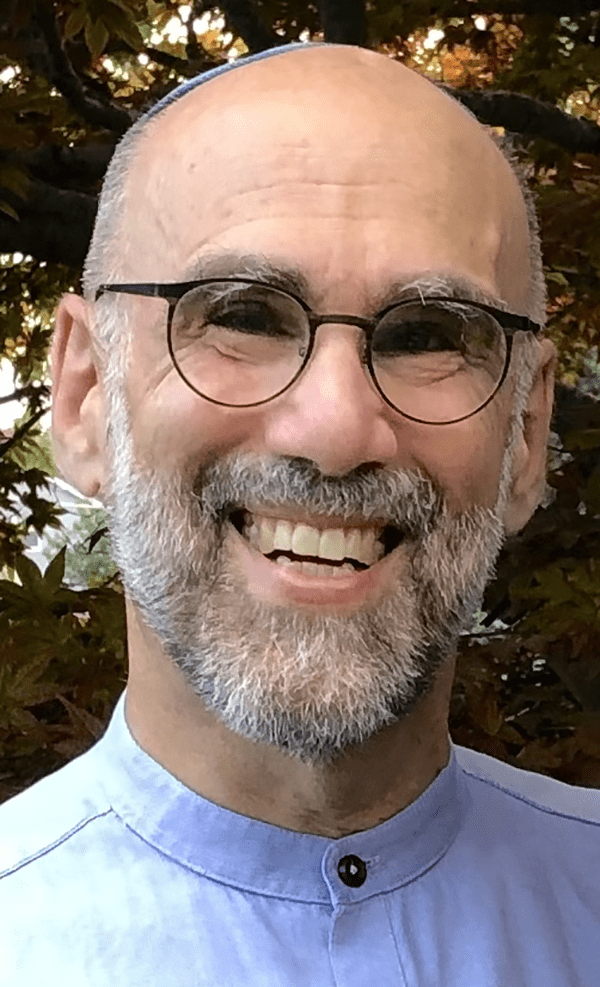Torah Specialist!
My recent posts... Torah specials! As do all blessings, the bracha we recite before learning sacred text or topics begins with praise of Adonai our God. We then offer thanks for the opportunity to engage with words or teachings of Torah: la’asok b’divrei Torah, a text...
Words / yom ha’atzma’ut
Like so many other commentators — ancient to modern — Rabbi Lord Jonathan Sacks elaborates on the construct of tzara’at, an unidentified skin ailment, as recompense for evil speech, lashon hara. Long-ago rabbinic wordplay connected tzara’at to words, speech, that can be hurtful. Aside from a clever acronymic derivation, why would the sages have focused on speech?
Makin’ Matza!
My recent posts...
Selling Chametz
Even if you don’t keep a kosher kitchen, and/or you don’t “convert” your kitchen for Pesach, there is still spiritual value in selling your chametz: You are engaging with myriad Jews worldwide in a practice that can be traced back to Torah and, if you include a donations to “ma’ot chitin,” you are enabling those in need to more fully celebrate Pesach.
Our New Normal
Near the end of the interment ritual for a loved one, I invite those in attendance to form two parallel lines facing one another. The mourners walk between the lines from graveside to the cemetery road as we offer a symbolic hug of consolation with the traditional phrase “May you find a Place of Comfort among the other mourners of Zion and Jerusalem.” I usually describe this ritual as helping the mourners enter their “new normal,” without the parent, sibling, child.
New normal. That’s how we’ve been describing life during the pandemic. It’s what we talk about getting back to after the pandemic, the normal that was familiar, comfortable.
I submit that we can never fully revert to or restore what had been our normal. “Normal” is always new because we are constantly changing, every day.
We suffer losses of all kinds, large and small. We achieve gains of various types. We acquire new understandings. Political winds shift, confounding or confirming our navigation. Social media messages coalesce, disperse, ebb and flow — like the murmurations of sparrows.
In the first year of coronavirus, we lost one person for every minute of that year, more than 500,000 lives. We mourn them. We honor the bravery, the valiant efforts of health care workers at all levels. We admire the determination of those stricken, and their families, to overcome the virus. We sympathize with those suffering side effects that may be long-term, even lifelong.
We try, often unsuccessfully, to avoid “coulda-shoulda” recrimination that cannot resurrect the dead. Each of us knows of individuals who will be absent from family seder tables this year. Each of us knows families with a forever empty space at their seder table and in their hearts. A new normal.
Following the script of the haggadah, we declare “kol dichfin yeitei v’yeichul / all who are hungry, enter and eat [with us]!” And, “kol ditzrich yeitei v’yifsach / all who are in need, enter and celebrate [with us]!”
This year, I believe that we are all hungry and in need. We are hungry for the company of others, we hunger to share a meal with friends. We need the embrace of loved ones, we need to experience a real smile in person, not on a screen. We need a hug!
We hope that this plague will become little more than just one more shot in our annual medical regimen. Even then, as we try to reclaim a semblance of what we recall as normal, it will be inevitably different, a new normal.
Every family has Pesach seder stories — warm, funny, poignant, embarrassing — that are told year after year. Our family lore will now include how, in our pandemic seders, we fed our hungers and met our needs through resourcefulness, technology, creativity, compassion and love. An old, yet ever new, normal.
Mo’adim l’simcha! Wishing you a joyous festival!
This piece appeared in the “Voice at the Shore” this week.


